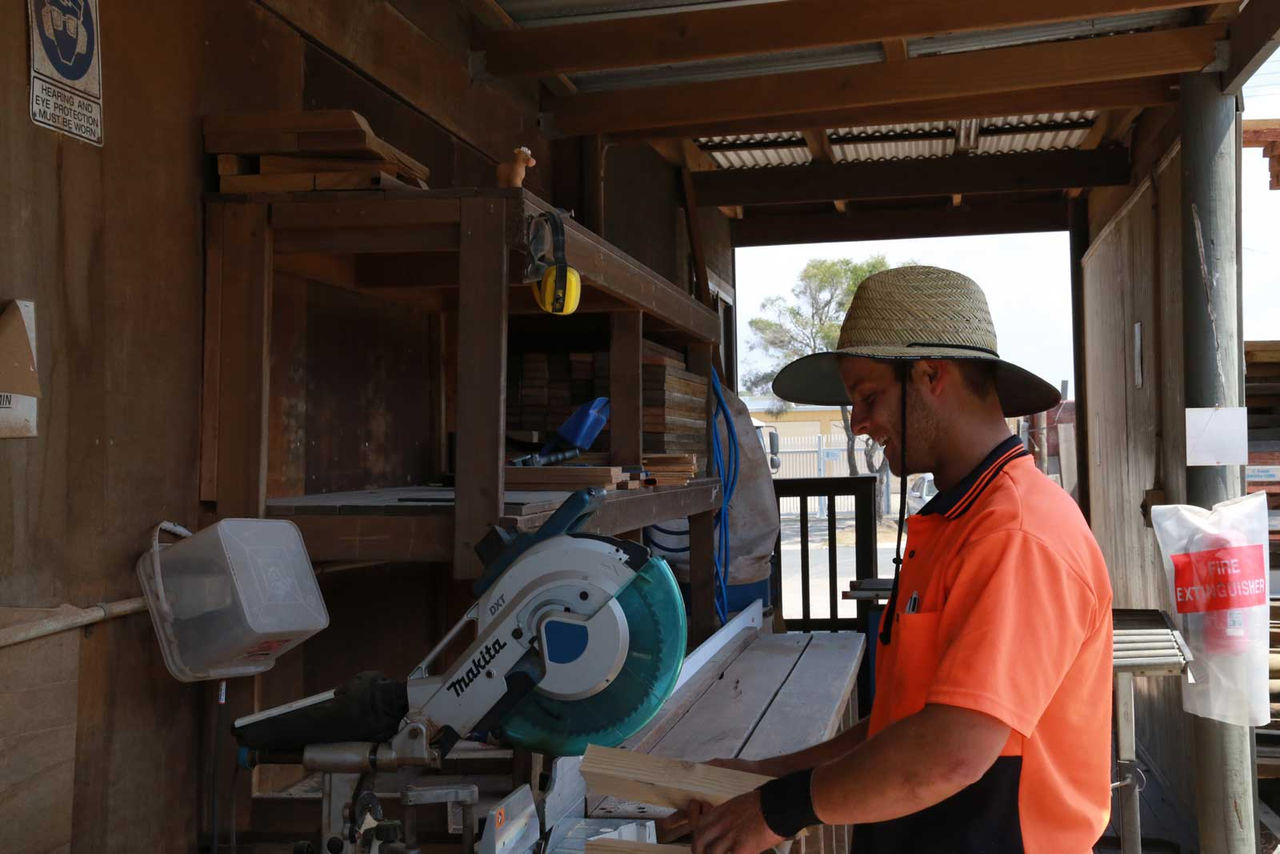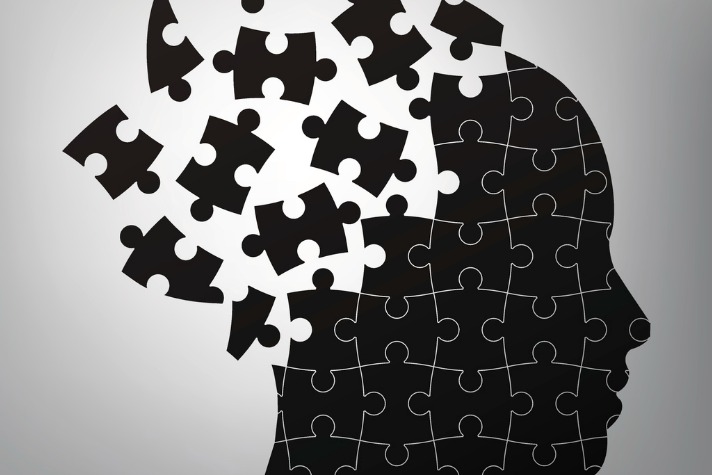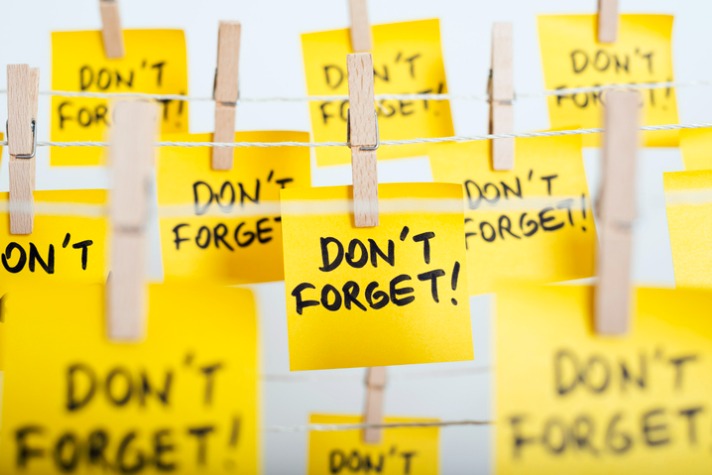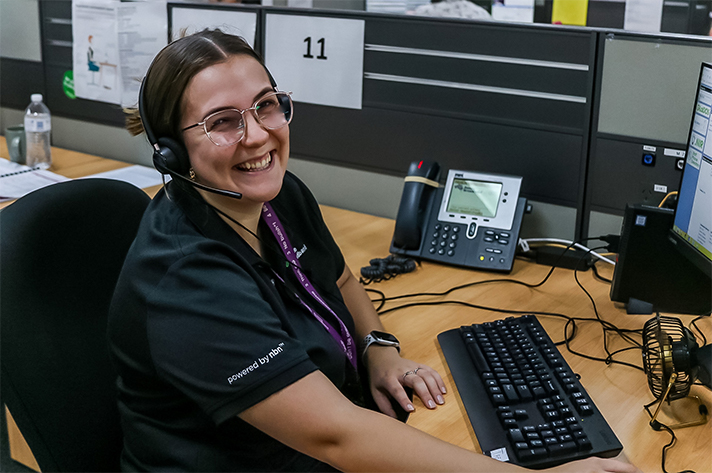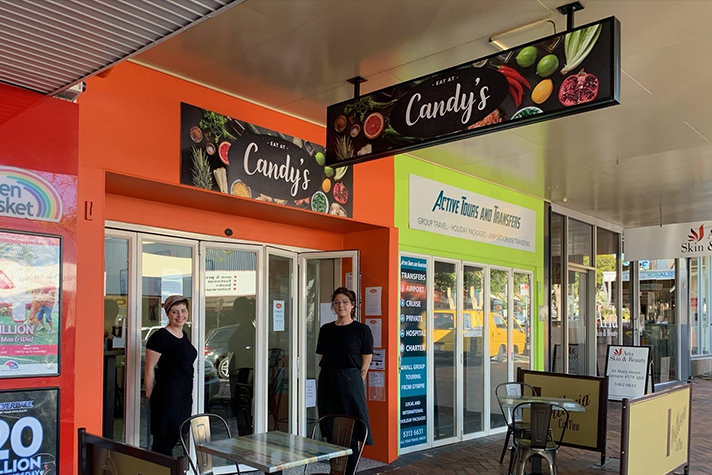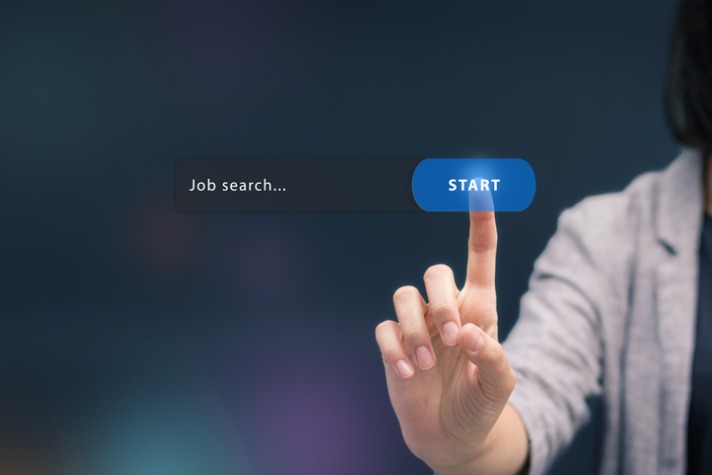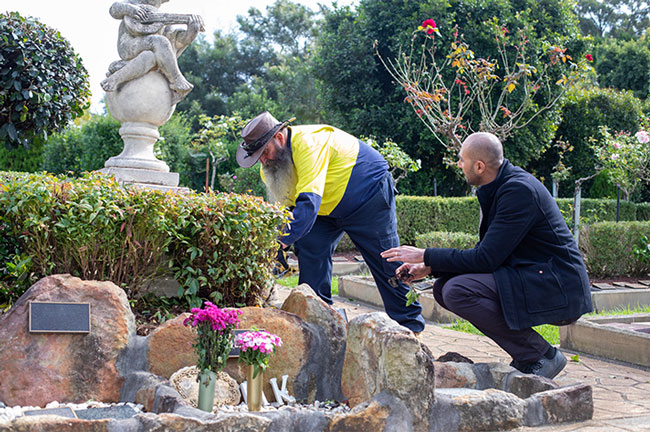Understanding traumatic events and available support
Published by MAXSolutions on February 04, 2020

Understanding traumatic events and available support
What is a Traumatic Event?
Traumatic events may happen at any time and can involve a single experience, or repeated events. They most often lie outside the rage of normal experiences. They usually involve a direct threat to a person's safety or that of others. They could include witnessing or learning about a threat or actual experience of death or serious harm of others.
Sometimes traumatic events cause a significant challenge to a person’s view of the world leaving them struggling to make sense of the meaning and emotions arising from that experience.
Examples of potentially traumatic events include but not limited to, harassment, abuse, violent personal assaults(e.g., robbery, mugging, physical attack) torture, incarceration as a prisoner of war or in a concentration camp, life-threatening medical conditions, accidents and catastrophic events such as earthquakes and volcanic eruptions, floods, war or other mass violence.
The critical element that makes an event traumatic is the subjective assessment of a person about how threatened and helpless they feel. As such, not all people who experience a potentially traumatic event will react the same way so that one person may experience an event as traumatic while another person might not.
What are Normal Responses to Traumatic Events?
Despite individual differences in reactions to traumatic events we know that there are a range of normal responses that people may experience following a traumatic event.
- Shock & disbelief
- Numbness or lack of emotions
- Guilt and anger
- Flashbacks, intrusive thoughts or preoccupation with event
- Memory loss
- Mood swings
- Heart Palpitations
- Tremors or jumpiness
- Anxiety and fear
- Chest pains or rapid breathing
- Nausea and appetite changes
- Disturbed sleep and odd dreams
Some individuals may experience one or more of these common responses following a traumatic event and their ability to function on a day to day basis may be initially disrupted. It is important to emphasise that this is usually temporary with reactions from the trauma subsiding within a few weeks.
What can I do to manage this?
- Remember responses to traumatic events are individual and can vary in intensity from one person to another.
- Be aware that others may be affected by the event even if they were not directly involved.
- Seeking encouraging support from family, friends and co-workers can be very beneficial in helping to come to terms with the experiences you have had
- Do not avoid talking about what has occurred as to do so can isolate you and heighten negative reactions
- Try as much as possible to maintain normal routines. If you are working, continue to do so as the routine and interaction with others helps you to manage any emotional responses to what has happened
- Avoid using alcohol and other drugs as a way of managing your reaction to the event. This is likely to prolong negative thoughts and emotions rather than decreasing them
- Recognise that in most cases, you will effectively manage extraordinary experiences over time
- When does a Normal response become one that may need intervention by a trained professional?
- Sometimes, a small number of individuals can experience severe reactions which make sustaining normal activities of daily living such as going to work or chores at home increasingly difficult.
- If you have severe responses persisting for more than 2 weeks or such responses are getting worse or they are significantly affecting your day to day life it is important to seek advice from a health professional. You can access free, confidential counselling through MAX Solutions Employee Assistance Program (EAP) or speak to your family doctor for advice on how to manage through this challenging time.
- Talk with your supervisor about what support you need to assist you at work during this time.
What can your organisations do next?
Your supervisor is available for you to seek support at work during this time. In addition to this, confidential counselling is available for you to access off-site through the MAX Solutions EAP.
In some instances, your employer may also arrange for support at your workplace if a traumatic event has occurred at your workplace.
MAX Solutions can assist an organisation to prepare for and manage well through a critical event that occurs at the workplace by assisting staff deal with a traumatic event in the initial stages which increases the likelihood that things return to normal more quickly.
MAX Solutions provides telephone counselling and face-to-face services in each Australian State and Territory.
Contact your EAP: 1800 629 277 or email support@maxsolutions.com.au
Share
Tags
Found this useful?
Help and advice
Our blogs are about helping people seek the information that they need for their steps in the workforce.


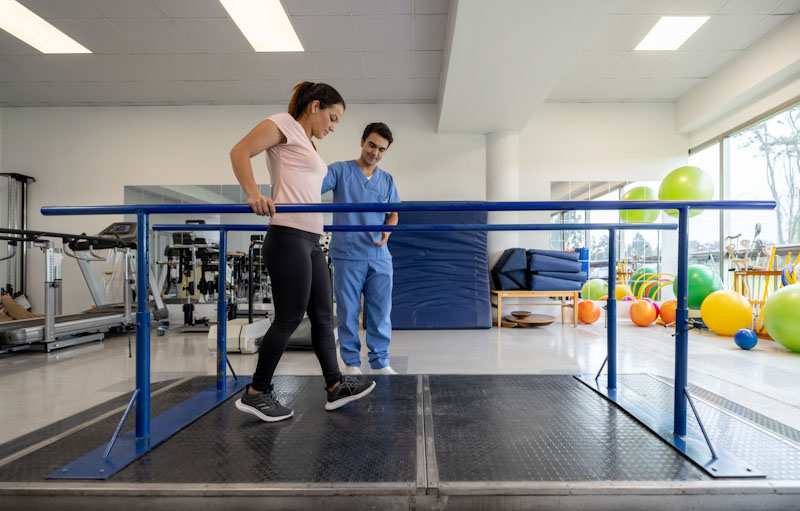

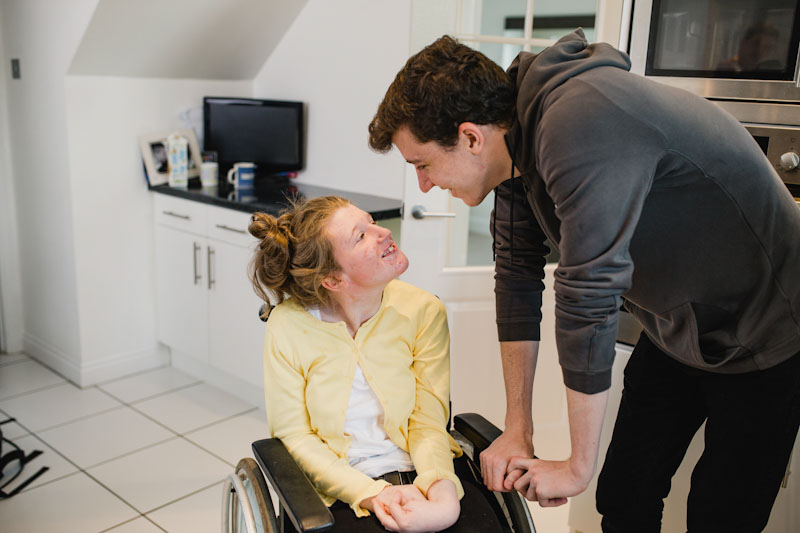



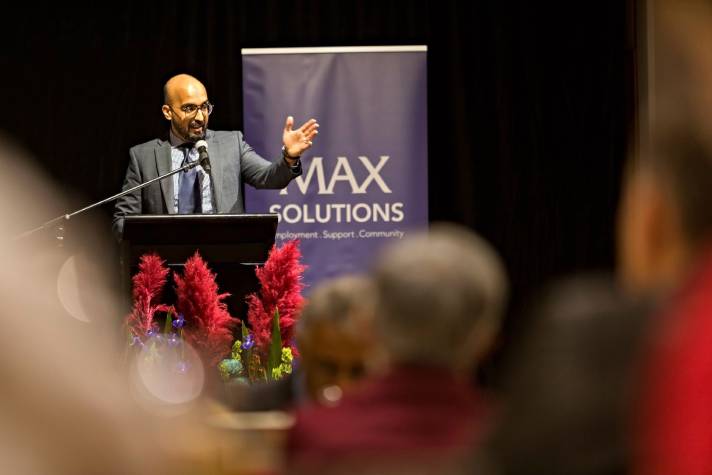





_1.jpg)




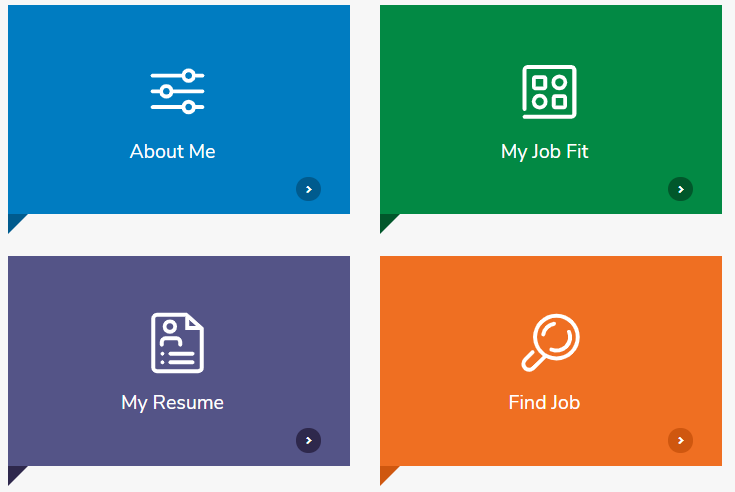

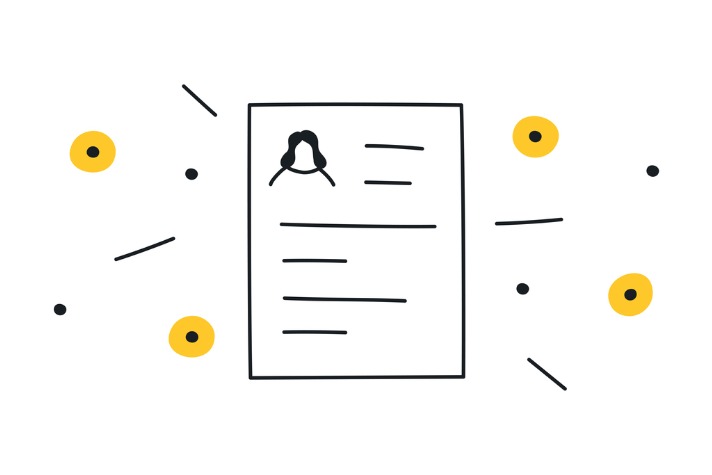

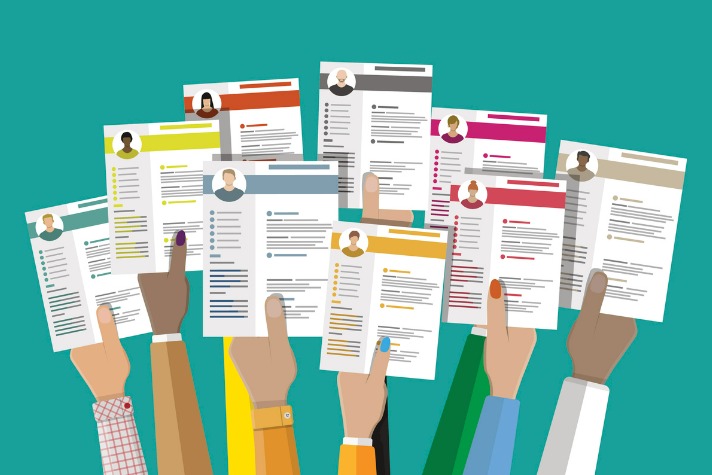
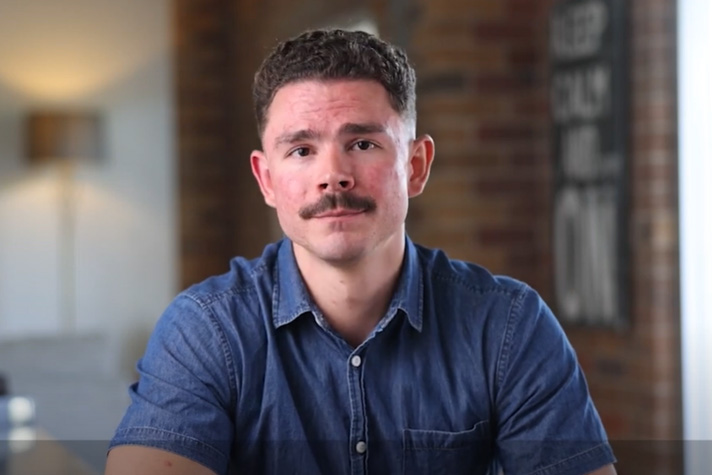


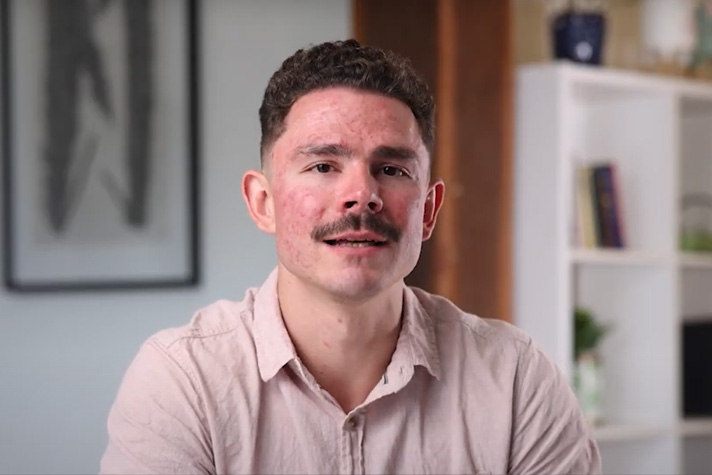





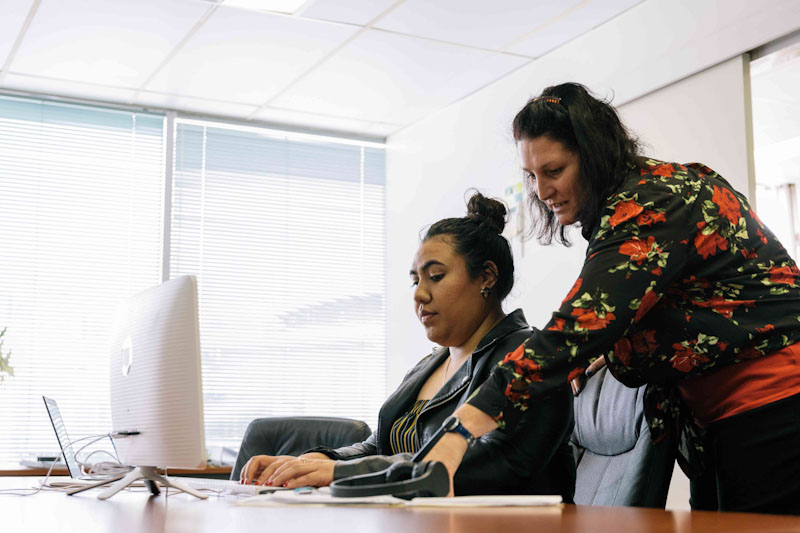










.jpeg)
